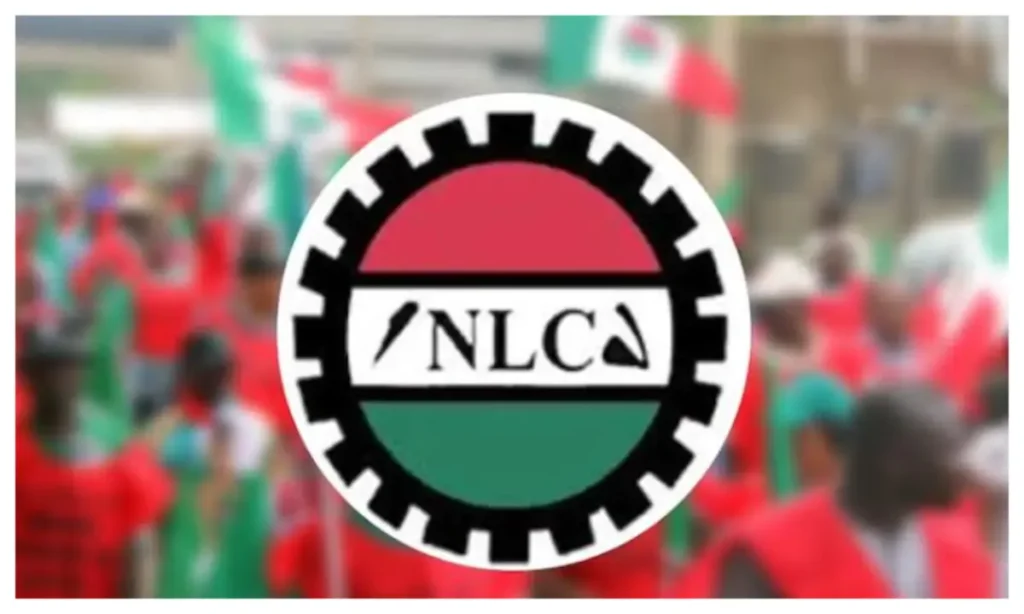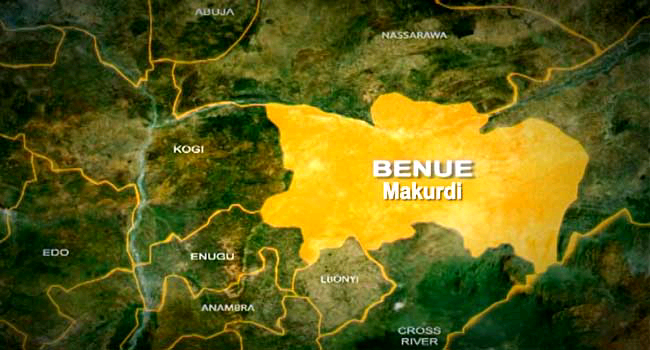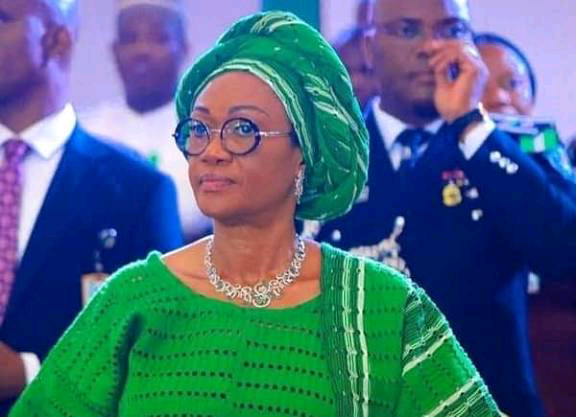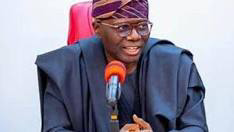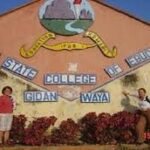FG, Partners Unveil Revised 2025–2030 National Youth Manifesto in Agriculture
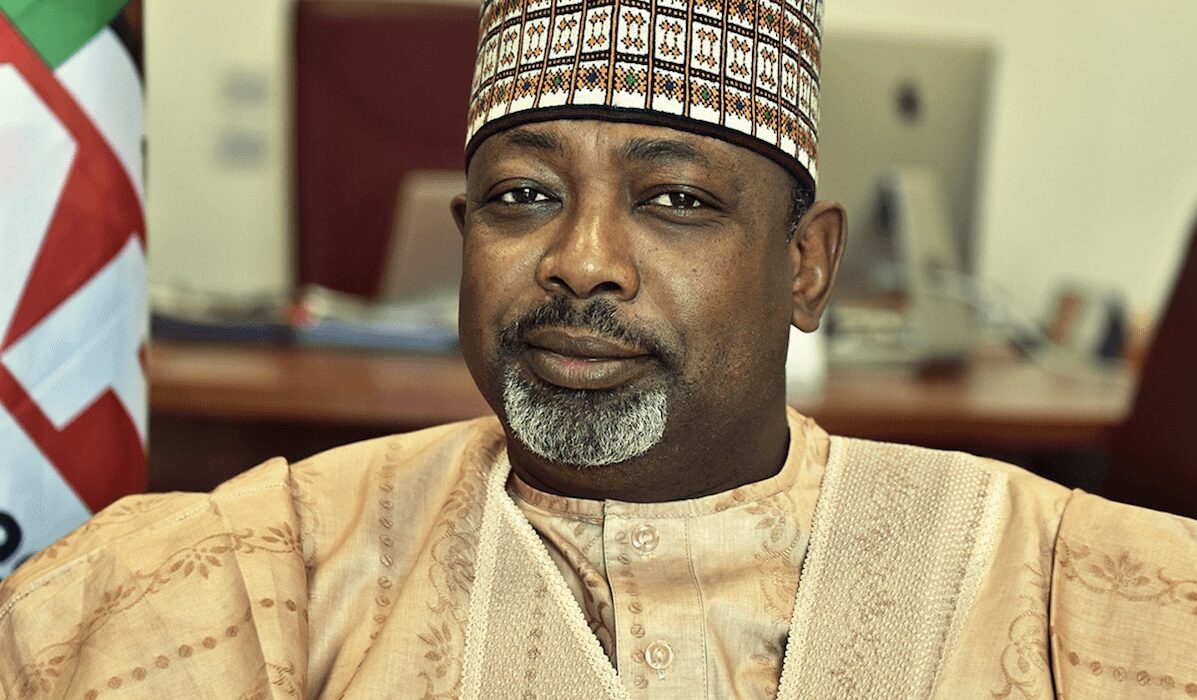
The Federal Government, in collaboration with the Leonard and Nkiruka Okorkwo Foundation (LANOF), the Heinrich Böll Foundation (HBF), and other stakeholders, on Tuesday launched the revised 2025–2030 National Youth Manifesto in Agriculture alongside the 2025 Nigerian Youth in Agribusiness Call to Action, a framework designed to reposition young Nigerians at the heart of agricultural transformation.
Speaking at the unveiling ceremony in Abuja, the Minister of Agriculture and Food Security, Senator Abubakar Kyari, described the manifesto as a youth-owned roadmap for the future of agriculture in Nigeria. Represented by Mrs. Safina Abdullah, Deputy Director of Planning and Policy Coordination in the ministry, the minister emphasized that the unveiling was not a symbolic gesture but a call to duty, assuring that the ministry was committed to translating the document into actionable policies, investments, and opportunities.
Kyari explained that the revised manifesto is anchored on eight priority areas which include agroecology and climate resilience, access to land and agricultural inputs, youth-responsive finance and market access, agritech innovation and research, capacity development, gender and social inclusion, policy advocacy and governance, as well as mentorship and intergenerational learning.
He stressed that the framework is aligned with existing national strategies such as the National Agriculture Technology and Innovation Policy (NATIP) 2022–2027 and the 2025–2030 revised National Gender Policy in Agriculture.
According to him, the government will integrate the Nigerian Youth in Agribusiness Call to Action into the revised National Gender Policy in Agriculture and its Strategic Plan of Action 2025–2030.
He added that efforts were already underway to develop a comprehensive National Youth in Agribusiness Strategy in line with the African Union’s African Agribusiness Youth Strategy. The minister further highlighted that through targeted programmes in mechanisation, access to finance, digital platforms, and extension services, the administration was determined to empower a new generation of farmers who would shape a more resilient, innovative, and inclusive agricultural sector.
In her remarks, Nkiruka Okorkwo, Co-Founder of LANOF, described the manifesto as both a policy advocacy tool and an empowerment mechanism for building a resilient, youth-driven, and future-focused food system. She stressed that its strength lies in the fact that it was co-created by the youth and for the youth, while noting that its effective implementation would require multi-sectoral collaboration, technical support, and long-term investment.
Sophie von Knebel, Country Director of the Heinrich Böll Foundation, commended the collaborative process that produced the manifesto and expressed optimism that it would serve as a driver of genuine transformation in Nigeria’s agricultural sector. Similarly, Blessing Akhile of the National Gender Steering Committee, ActionAid Nigeria, described the unveiling as heartwarming and reaffirmed ActionAid’s commitment to promoting gender inclusion in agriculture and ensuring that the manifesto translates into concrete action on the ground.
Kyari, in his closing remarks, lauded LANOF, HBF, and youth leaders from across Nigeria’s six geopolitical zones for their contributions to the manifesto. He urged young Nigerians to take full ownership of the process and embrace the responsibility of building a sustainable agricultural sector. “Own this process. Build enterprises, not just farms. Innovate solutions, not just demand opportunities,” he charged.


